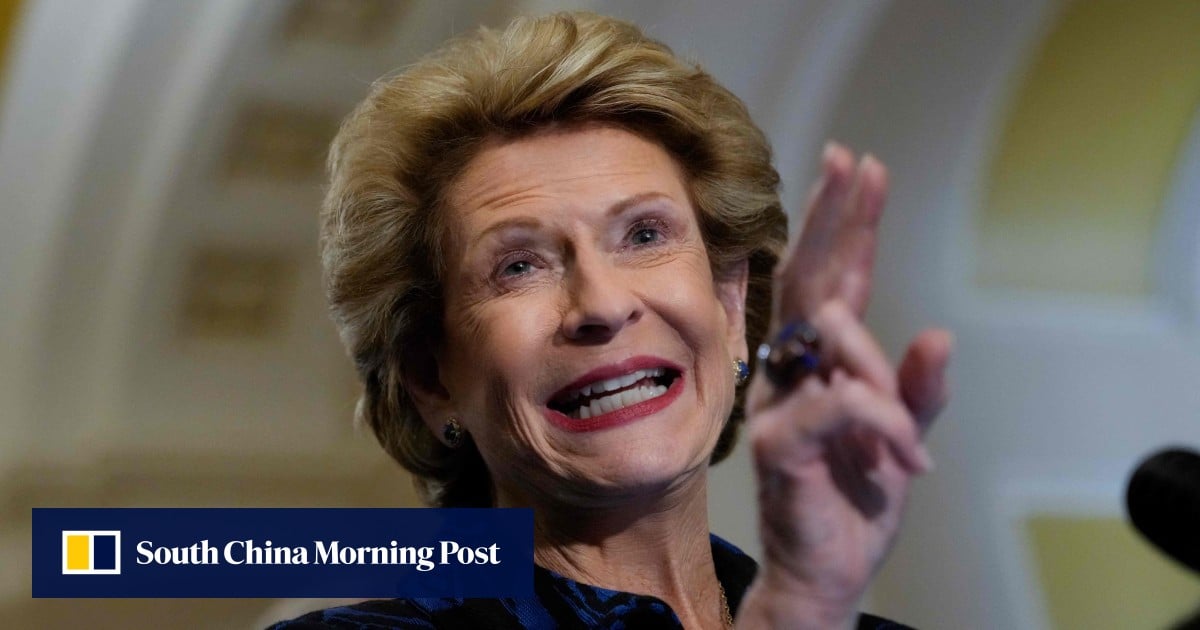
Buying American farmland is not part of China’s current agricultural investment strategy, US lawmakers heard at a hearing by the Senate Agriculture Committee on Wednesday.
There was also “no clear evidence” that foreign land ownership was causing American farmland prices to rise, Ortega said. Nor did such ownership threaten “our ability to produce food”, he added.
Foreign ownership accounts for about 3 per cent of privately held agricultural land in the US, and Chinese entities own less than 1 per cent of that amount.
Nevertheless, American lawmakers have sharpened their focus on the national security implications of foreign land ownership, particularly investments from China.
The US is self-sufficient in basic food production and is a major agricultural exporter globally. But countries like China increasingly lack arable land to feed their population.
It has long been part of Beijing’s strategy to become self-sufficient in food production, which largely drives its foreign agricultural investment strategy.
China produces world record peanut test crop amid national food security push
China produces world record peanut test crop amid national food security push
At the time, the deal marked the largest Chinese acquisition of a US company in history. Back then, lawmakers voiced concern about the potential threat of foreign acquisitions to American food security.
“We have heard some real concerns … that [foreign land ownership] may be undercounted and that the American government lacks the proper oversight tools to see the whole picture,” said Debbie Stabenow, a Democrat from Michigan and chairwoman of the Senate Agriculture Committee.
In recent months and years, lawmakers have introduced various bills ranging from modernising reporting processes to limiting foreign land purchases.
One of them, included in the Senate version of Congress’s “must-pass” defence authorisation bill, would give the Committee on Foreign Investment in the United States (CFIUS) the authority to ban agricultural land acquisitions from “adversaries” like China.
Chinese corn mill project in US ordered halted on security concern
Chinese corn mill project in US ordered halted on security concern
The legislation would also add the secretary of agriculture as a member of the inter-agency committee that screens all inbound foreign investment.
Gloria Montaño Greene, a deputy undersecretary at the US Department of Agriculture, said on Wednesday that her department supported a more “robust” role in CFIUS.
Yet he cautioned that efforts to tackle foreign agricultural investment should bear in mind that other countries might retaliate, saying “the US is one of the top investors in foreign agricultural land across the world”.
“We export a lot of our grain, our soybeans, our corn to China as well as more consumer-oriented products like beef and pork,” Ortega added.
“It would be far easier for China to find new sources of these products than it would be for American farmers to find new export markets.”


